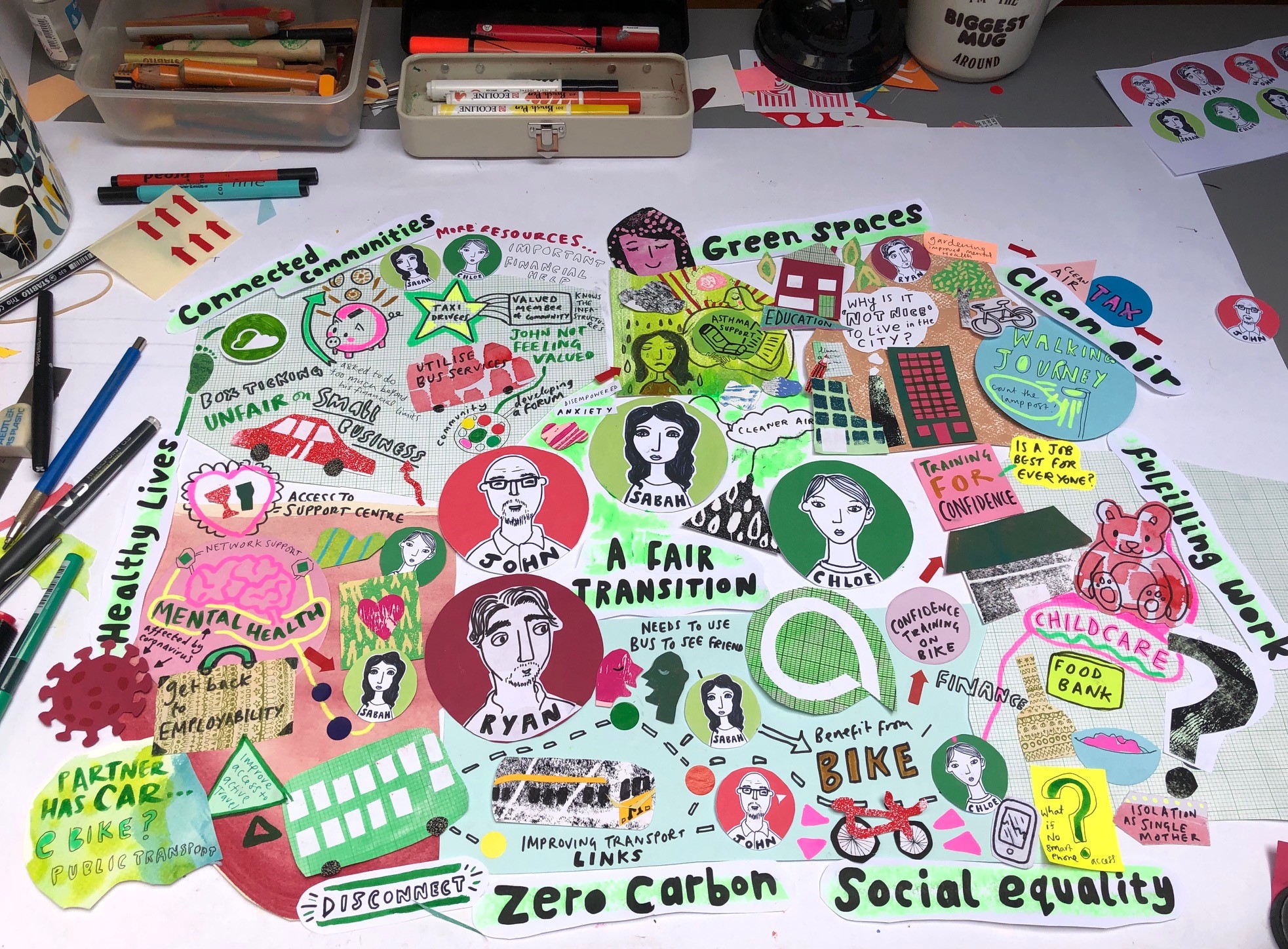The Art of Sustainability
DOI:
https://doi.org/10.7146/peri.v19i37.135190Resumé
As the systems thinker Fritjof Capra points out, through the course of Western history we have tended to give more attention to elements or things than to interconnections or relationships, thinking more mechanistically than holistically, asking “What is it made of?” rather than “What is the pattern?” 26. Sometimes, however, the study of patterns and relationships comes to the fore. Now, in our networked, digital world, as we wrestle with some of the 66 continuous problems that Donella Meadows and her team addressed in the classic Limits to Growth27, like climate change, global inequality and migration, is one of those times.
This article shows the diverse and multi-fold advantages of using systems thinking as a methodology for working creatively with complexity. It explores the basic biological patterns that define life; the nature, patterns and effects of different forms of feedback; and how systems thinking can assist us in problem-solving, managing complexity and in understanding how creativity works.
Living sustainably means living within the finite limits of our system. Understanding more about the systems we live with, whether through taking action on climate change or creating a well-functioning piece of art, helps us to live well and to create well.
Referencer
Allen, Paul; Hinshelwood, Emily; Smith, Fern; Thomas, Rhodri; Woods, Sarah, 2014. Culture Shift: How Artists are responding to Sustainability in Wales. Cardiff: Arts Council Wales.
Andersen, Lene Rachel and Björkman, Tomas, 2017. The Nordic Secret. Copenhagen: Det Andersenske Forlag.
Ashden, 2020. North of Tyne: co-benefits in action. https://ashden.org/north-of-tyne/
Bishop, Claire, 2012. Artificial Hells. London: Verso.
Bourriaud, Nicolas, 1998. Relational Aesthetics. Paris: Les Presse du Reel,
Capra, Fritjof and Luigi Luisi, Pier, 2014. The Systems View of Life: A Unifying Vision. Cambridge: Cambridge University Press.
Capra, Fritjof, 2004. Living Networks. In: McCarthy, Helen; Miller, Paul; Sidmore, Paul (eds.), Network Logic: Who Governs in an Interconnected World? London: Demos.
Encounters-Arts, 2020. Legacy Website. https://encountersarts.wixsite.com/legacy
Gablik, Suzi, 1991. The Re-enchantment of Art. London: Thames and Hudson.
Haraway, Donna, 2016. The Cyborg Manifesto. Minnesota: The University of Minnesota Press.
Hardin, Garrett, 1963. The Cybernetics of Competition: A Biologist’s View of Society, Perspectives. Biology and Medicine 7.
Jackson, Shannon, 2015. Social Turns. In: Martin, Randy (ed.) The Routledge Companion to Art & Politics. London: Routledge.
Marx, Karl, 1993. Grundrisse. Nicolaus, Martin (Tr.). London: Penguin Books.
Meadows, Donella H; Meadows, Dennis L; Randers, Jorgen; Behrens, William W, 1972. The Limits to Growth. Washington DC: Potomac Associates.
Meadows, Donella, 2009. Thinking in Systems: A Primer. Wright, Diana (ed.). London: Earthscan.
Meadows, Donella, 1999. Leverage Points: Places to Intervene in a System. The Donella Meadows Project Online at: https://donellameadows.org/archives/leverage-points-places-to-intervene-in-a-system/ (accessed 16 November 2022).
Neal, Lucy, 2015. Playing for Time, making art as if the world mattered. London: Oberon Books.
Williams, Raymond, 1977. Marxism and Literature. Oxford: Oxford University Press.

Downloads
Publiceret
Citation/Eksport
Nummer
Sektion
Licens
Det følgende vedrører alle Peripeti-udgivelser fra 2024, nr. 39, og senere:
Peripeti er et Diamond Open Access-tidsskrift, der giver direkte open acces til publiceret indhold ud fra princippet om, at det at gøre forskning frit tilgængelig for offentligheden understøtter en større global udveksling af viden.
Forfattere skal ikke betale for indsendelse, redigering eller offentliggørelse af artikler.
Forfattere, der bidrager til Peripeti, bevarer ophavsretten til deres artikler.
Forfattere accepterer at udgive artikler under en Creative Commons CC-BY-NC 4.0-licens. Vilkårene for denne licens tillader brugere frit at kopiere og videredistribuere materialet i ethvert medie eller format og at tilpasse, transformere og bygge videre på materialet, så længe der gives passende kreditering, et link til licensen gives, og eventuelle ændringer angives. Brugere må ikke dele eller tilpasse materialet til kommercielle formål uden samtykke fra licensgiveren. Brugen af licensen må ikke på nogen måde antyde, at licensgiveren støtter tredjeparten eller dennes brug. Licensen kan ikke tilbagekaldes.
Forfattere opfordres til at lægge deres artikler ud på personlige og/eller institutionelle hjemmesider for at sikre endnu større offentlig adgang efter udgivelsen. Forfattere har ret til at arkivere deres artikler i fondes og offentlige institutioners arkiver, men Peripeti anmoder om, at forfattere bruger et direkte link til den publicerede artikel på tidsskriftets hjemmeside, når det er muligt, da Peripeti som en ikke-kommerciel, offentligt finansieret udgiver er afhængig af niveauet af brugeraktivitet på tidsskriftets hjemmeside.
Vedrørende tidligere udgivelser, indtil 2024, herunder nr. 38:
Ophavsretten deles mellem Peripeti og forfatteren/forfatterne. Tidsskriftet er et open access-tidsskrift, der giver direkte adgang til alt indhold baseret på princippet om, at det at gøre forskning frit tilgængelig for offentligheden understøtter en større global udveksling af viden. Brugere kan frit kopiere og dele materiale i ethvert medie eller format, så længe der gives passende kreditering. Enhver anden brug kræver skriftligt samtykke fra indehaverne af ophavsretten.




